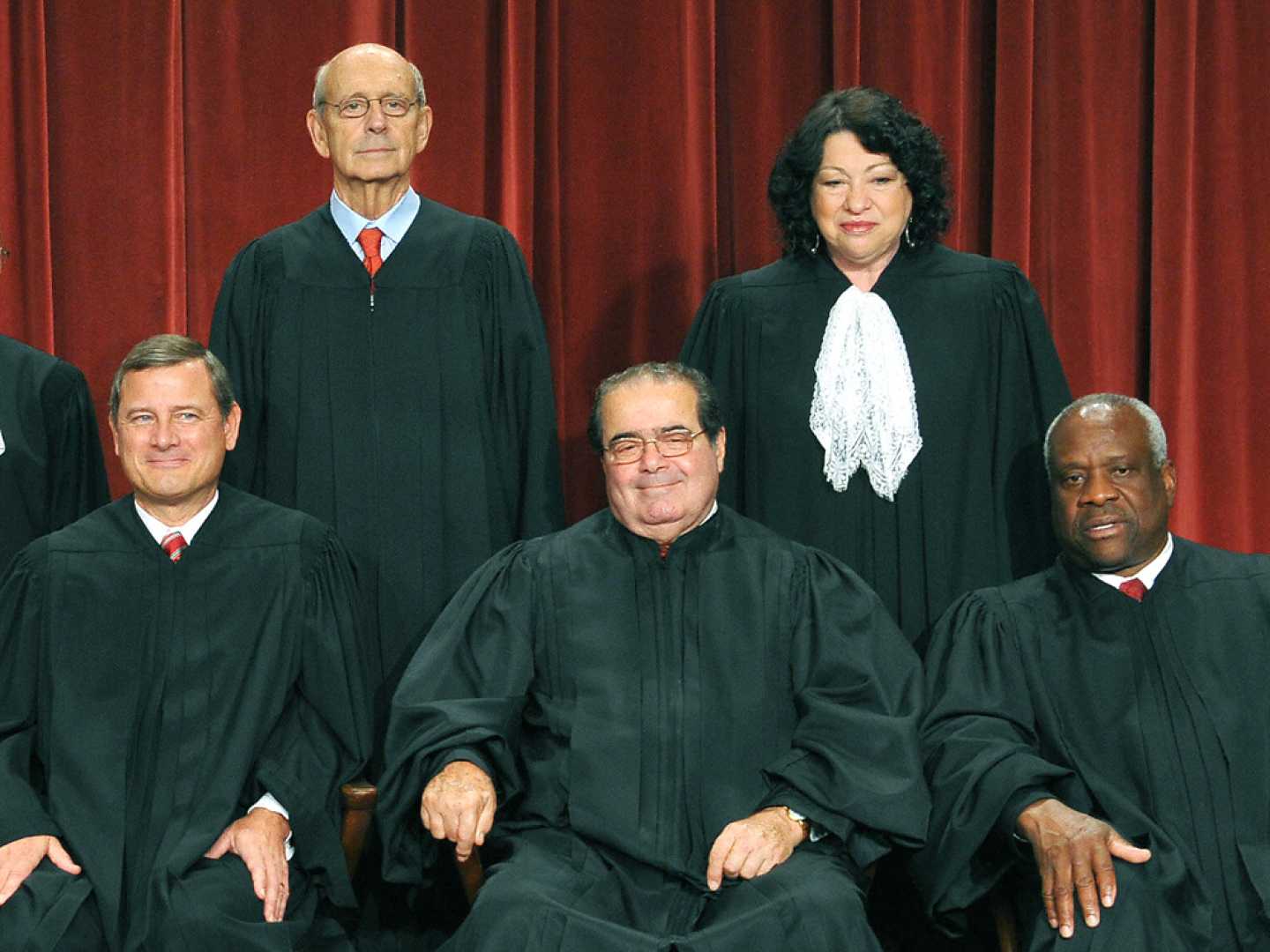Politics
Supreme Court to Review GOP Challenge to Campaign Spending Limits

WASHINGTON, D.C. — The Supreme Court announced Monday it will hear a Republican-led challenge to limits on how much national political parties can spend in coordination with federal candidates. Initiated by the National Republican Senatorial Committee (NRSC), along with then-Sen. J.D. Vance of Ohio and former Rep. Steve Chabot of Ohio, the lawsuit claims that these spending restrictions violate the First Amendment.
The case, National Republican Senatorial Committee v. Federal Election Commission, questions whether the federal spending limits established decades ago infringe upon free speech rights. The Supreme Court will begin hearing oral arguments in October, with a decision expected by June 2026.
The NRSC argues that these limits hinder the ability of political parties to effectively support their candidates. “A political party exists to get its candidates elected,” the NRSC stated in its petition. They maintain that Congress has unduly restricted how much parties can collaborate on campaign advertising.
This legal battle could significantly alter campaign finance laws in the U.S. The Trump administration has filed briefs in favor of the challenge, aligning with the NRSC’s perspective that the spending limits represent an unconstitutional distortion of the political process.
In response, the Democratic National Committee (DNC) has joined the case to defend the spending caps, arguing that they are essential for preventing corruption and maintaining electoral integrity. The DNC’s position emphasizes that the spending limits support individual campaign contribution limits and prevent wealthy donors from circumventing these regulations.
The traditional limits on coordinated party expenditures were established through the Federal Election Campaign Act of 1971 and amended in subsequent years. Various caps apply based on the candidate’s office, the population of their state, and inflation.
Proponents of removing the limits, including NRSC, contend these caps create inefficiencies and restrict clear communication between candidates and party committees. Conversely, critics warn that eliminating these limits may exacerbate corruption risks and enhance the influence of wealthy donors in politics.
As record-high election spending continues to shape the 2024 campaign landscape, this case stands to redefine the future of campaign finance significantly.












